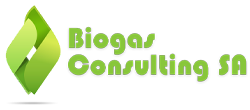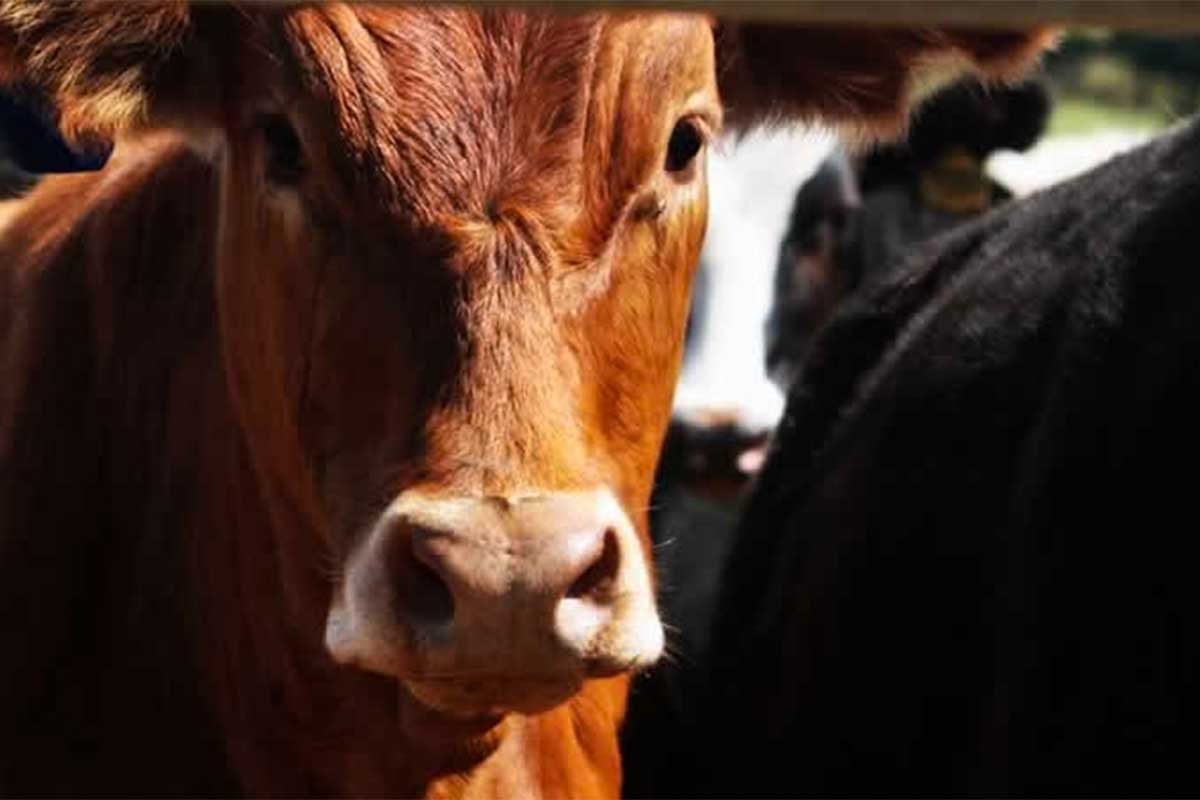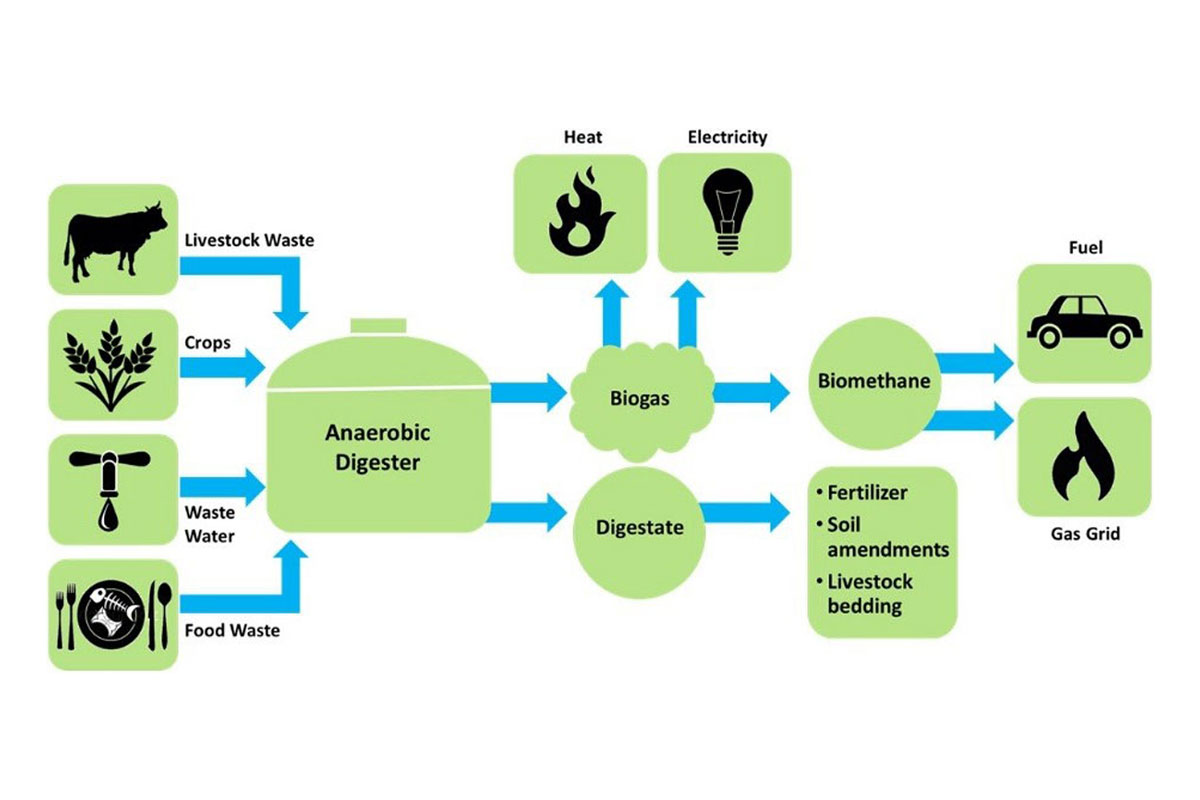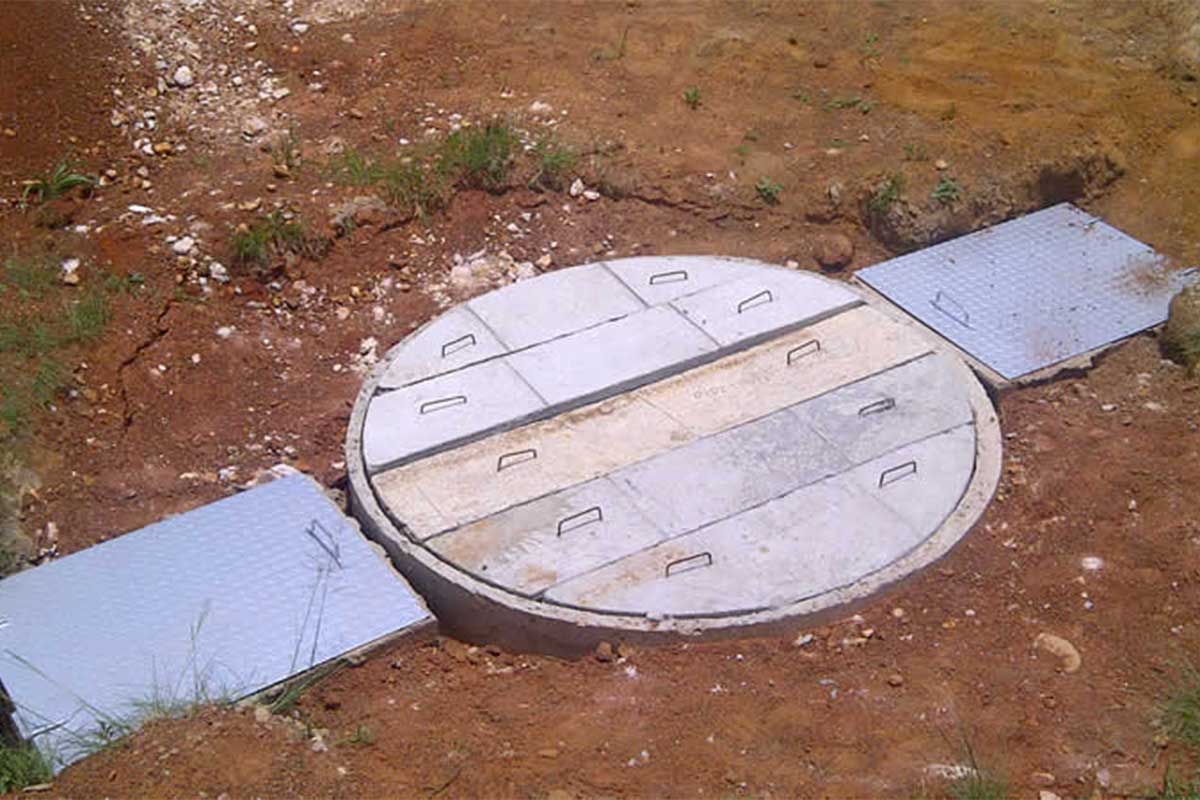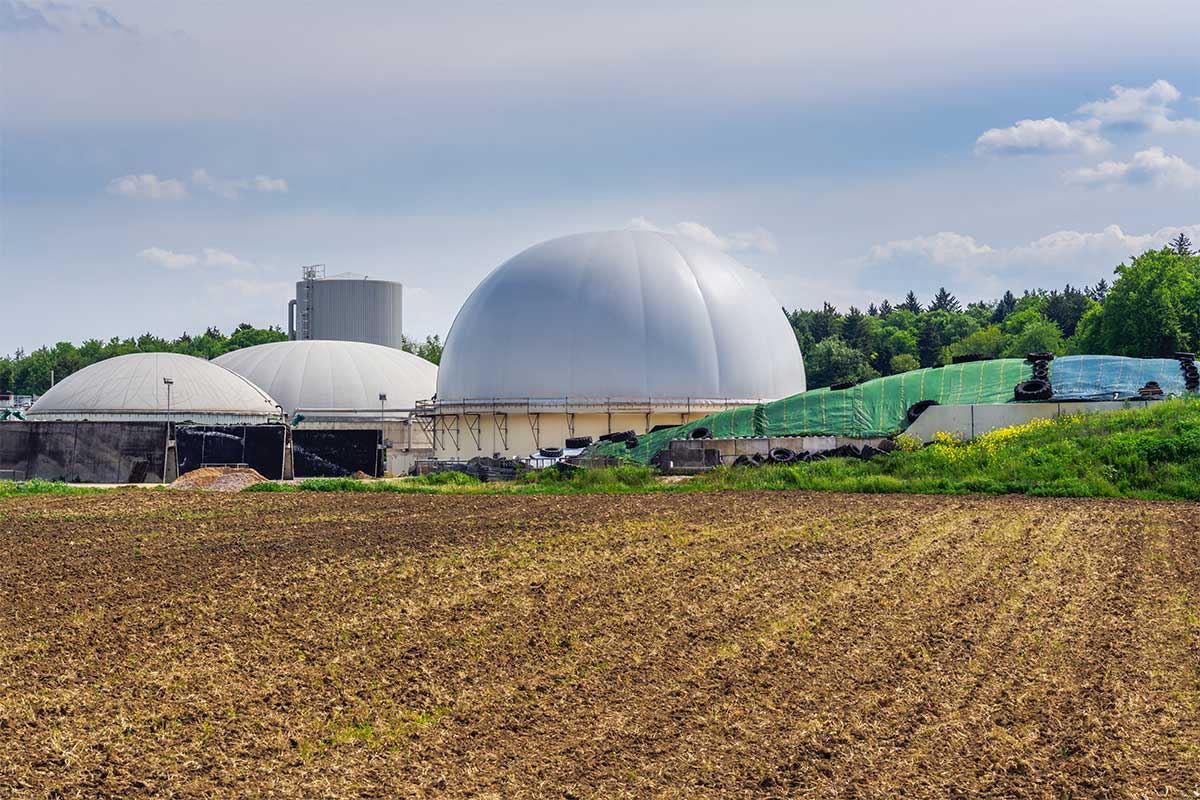The most critical factor in the development of any biogas project is the type, quantity, consistency, and long-term availability of organic waste (feedstock).
These characteristics directly influence the biogas yield potential, the technical design and scale of the plant, and the overall capital and operational costs.
It is therefore essential that project developers allocate sufficient time and resources to thoroughly assess and secure reliable feedstock supply. A robust feedstock strategy underpins both the technical feasibility and financial viability of a biogas project.
Key considerations include:
- Availability: Are sufficient quantities of feedstock consistently available throughout the year?
- Biogas yield: Does the feedstock offer a high enough methane yield to justify investment and support a viable business case?
- Security of supply: Can long-term (10+ years) supply agreements be secured to de-risk the project?
- Logistics and cost: What are the costs associated with sourcing, transporting, and delivering the feedstock to the site?
- Pre-treatment requirements: Does the feedstock require pre-processing, and what are the associated capital and operational costs?
- On-site storage: What infrastructure is required to store the feedstock, and what are the implications for space and cost?
- Alternative sources: Can additional or alternative feedstock streams be identified during the project development phase to enhance supply resilience?
A comprehensive feedstock assessment is foundational to project success and should be treated as a primary milestone in the project development process.
